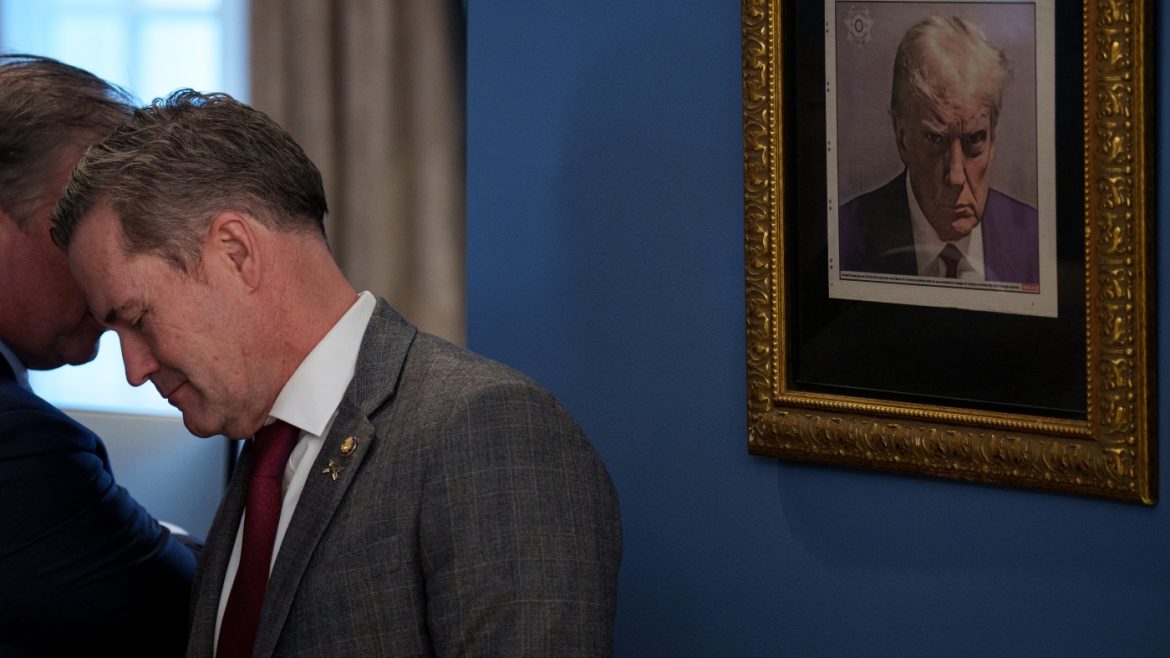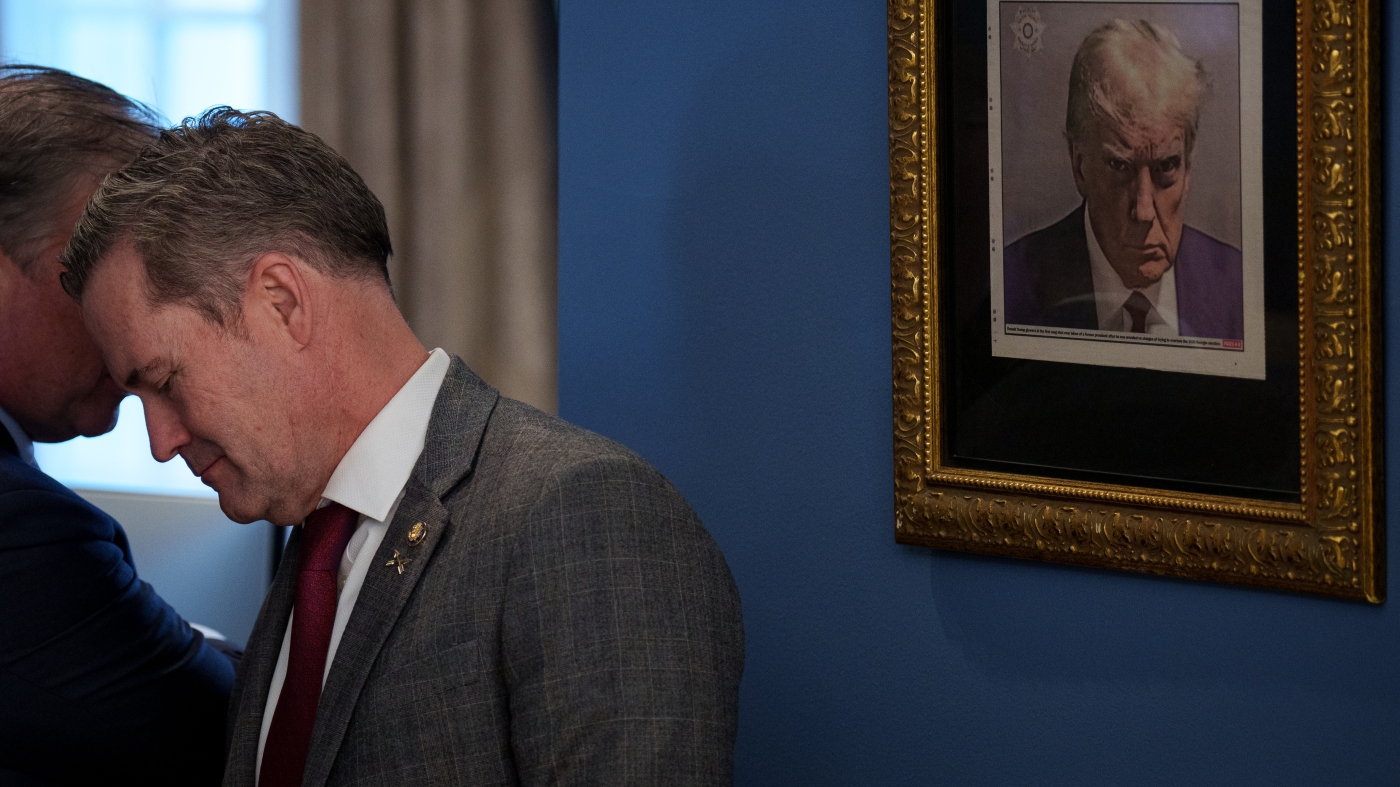The Departure of Michael Waltz: A Significant Shift in Trump’s National Security Team
Introduction
The political landscape is ever-changing, and the recent announcement of Michael Waltz’s departure as National Security Adviser under President Donald Trump marks a pivotal moment in the administration’s second term. This move, coupled with the appointment of Marco Rubio as the interim National Security Adviser, signals a strategic realignment within the White House. This report delves into the implications of Waltz’s departure, the potential reasons behind the decision, and the future trajectory of the national security apparatus under Trump’s leadership.
The Context of Waltz’s Departure
A Brief Tenure
Michael Waltz’s tenure as National Security Adviser was notably brief. Just weeks after taking on the role, it was announced that he would be stepping down. This short duration is reminiscent of the tenure of Michael Flynn, Trump’s initial security adviser, whose time in the position was also marred by controversy and a quick exit. The brevity of Waltz’s tenure raises questions about the stability and continuity within the national security team.
The Signal Chat Controversy
One of the primary factors contributing to Waltz’s departure was the revelation that he had added a journalist to a Signal chat used to discuss military plans. This incident sparked significant backlash and calls for his removal from Trump’s allies. The controversy highlighted concerns about security protocols and the handling of sensitive information, which are crucial in the role of a National Security Adviser.
The Implications of Waltz’s Departure
Leadership Transition
The departure of Waltz necessitates a leadership transition within the national security team. Marco Rubio, who will serve as the interim National Security Adviser, brings a different set of experiences and perspectives to the role. Rubio’s dual role as Secretary of State adds complexity to his new responsibilities, as he will need to balance the demands of both positions effectively.
Potential Impact on Policy
The change in leadership could influence the direction of national security policies. Rubio’s background and political leanings may lead to shifts in strategy and focus areas. It is essential to monitor how these changes manifest in the administration’s approach to global security challenges and domestic security measures.
The Future of the National Security Team
The Role of Marco Rubio
Marco Rubio’s appointment as interim National Security Adviser is a strategic move that leverages his existing role as Secretary of State. This dual responsibility could enhance coordination between the State Department and the National Security Council, potentially leading to more integrated and cohesive foreign policy initiatives. However, the challenge lies in managing the increased workload and ensuring that neither role is compromised.
Potential Long-Term Appointments
The interim nature of Rubio’s appointment suggests that a permanent replacement for Waltz may be in the works. The administration will need to carefully consider candidates who can provide stability and continuity in the face of ongoing global security threats. The selection process will be crucial in determining the future direction of the national security apparatus.
Conclusion
A New Chapter in National Security
The departure of Michael Waltz and the appointment of Marco Rubio as interim National Security Adviser mark a significant chapter in Trump’s second term. This transition, driven by controversy and strategic realignment, sets the stage for potential shifts in policy and leadership dynamics. As the administration navigates these changes, the focus will be on ensuring stability, security, and effective governance in the face of evolving global challenges. The coming months will be pivotal in shaping the future of the national security team and its impact on both domestic and international affairs.


